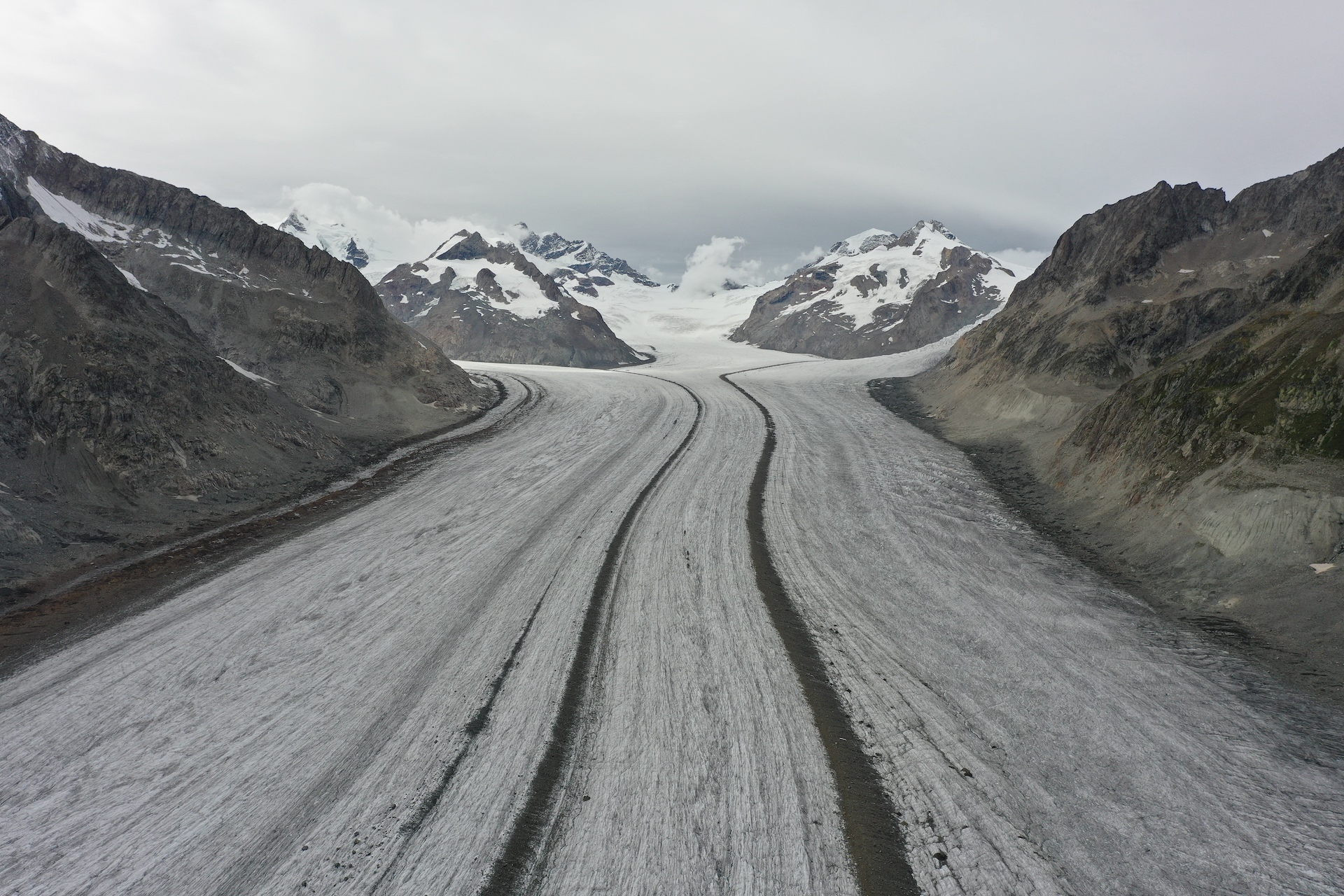On December 8, 2021, Dr. Parisi was given the shared award for his discoveries “about how apparently random phenomena are governed by hidden rules.” His work, which took place in the 1980s, was described by the Nobel prize committee as “among the most important contributions” to the theory of complex systems, helping physicists understand apparently random materials, with wide-ranging applications including mathematics, biology and machine learning.
The research conducted by Parisi and his collaborators in the early 1980s helped establish a framework that has been used to make sense of Earth’s climate. For example, the meteorologists who share the Nobel prize with Professor Parisi relied upon breakthroughs in theoretical physics made possible by his work to produce their models which reliably demonstrate global warming.
<pclass=”embvideo”>
When accepting the Nobel prize, Parisi also expressed his desire that governments look at scientific evidence, and more specifically fundamental and applied science when engaging in decision making.
“I think the award is important not only for me but also for the other two because climate change is a huge threat to humanity and it is extremely important that governments act resolutely as quickly as possible,” Parisi told a press conference at the Lincean Academy in Rome.






